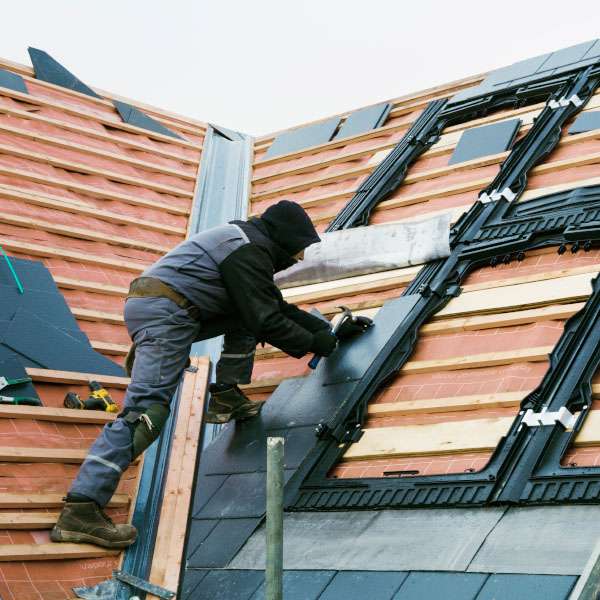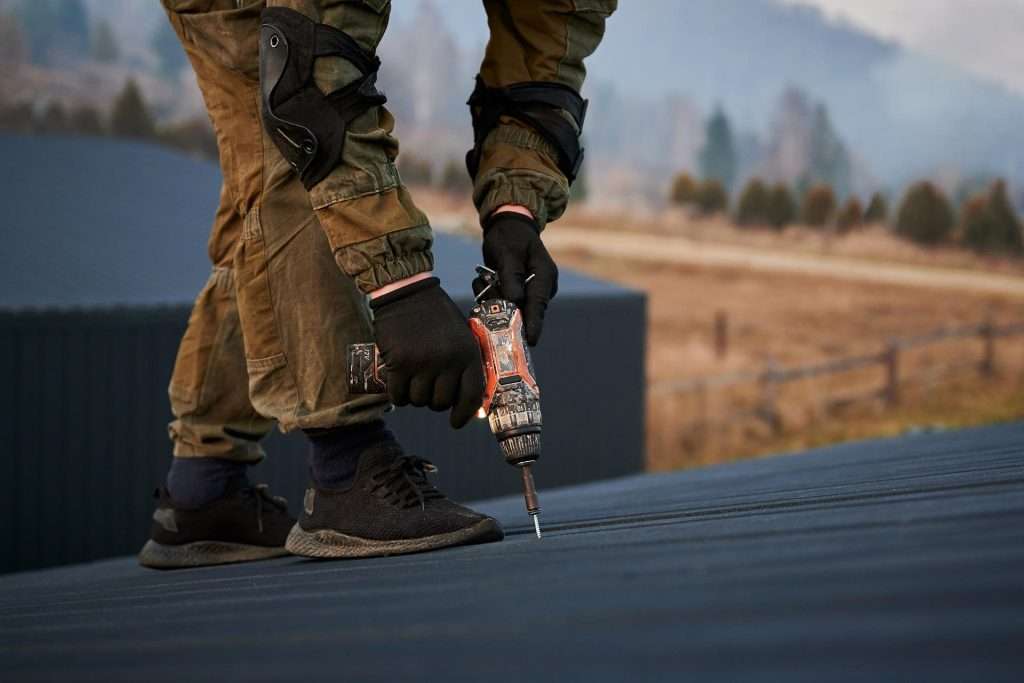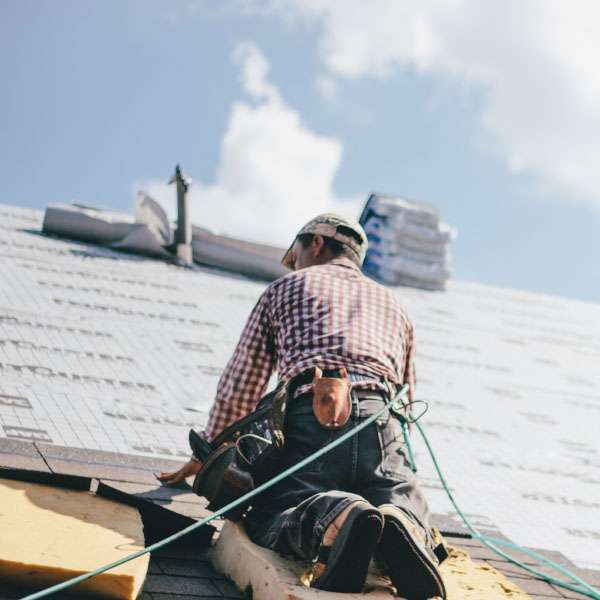Understanding Partial Roof Repairs
What Constitutes a Partial Roof Repair?
A partial roof repair refers to fixing a specific section of your roof without having to replace the entire thing. This process is often implemented in situations where there are localized problems such as a few missing or damaged shingles, or small leaks confined to one area.
Pros and Cons of Partial Roof Repairs
Partial roof repairs can be cost-effective compared to full replacements, and they also cause less disruption to your daily life. However, there can be challenges in matching roofing materials, which can lead to an uneven appearance. Additionally, there’s an increased risk of leaks at repair junctions due to the joining of new and old materials.
Factors to Consider Before Opting for Partial Repairs
Extent of the Damage
Before deciding on a partial repair, you need to evaluate the extent of the damage. If the damage is localized and does not impact the structural integrity of the roof, a partial repair might be the best solution.
Age of the Roof
The age of your roof also plays a crucial role in the decision-making process. If your roof is relatively new, it could make more sense to repair the damaged section. However, if your roof is nearing or exceeding its lifespan (typically 20-30 years for asphalt shingles), a full roof replacement might be more cost-effective in the long run.
Roofing Material Type
The type of roofing material also affects the feasibility of partial repairs. Asphalt shingles, for instance, are relatively easy to replace, but if you have a less common material like slate or metal, finding matching pieces for a repair could be more difficult.



When Is Partial Roof Repair Appropriate?
Partial roof repairs are usually most suitable when the damage is minor, such as a few missing shingles or a small leak. Similarly, if your roof is relatively new and the damage is not widespread, a partial repair may be the best course of action.
When to Consider Full Roof Replacement
On the other hand, if your roof has multiple leaks, extensive water damage, or significant wear and tear, it may be more cost-effective to replace the entire roof. Additionally, if your roof is old and nearing the end of its lifespan, a full replacement might be the most practical solution.
Consulting with Roofing Professionals
Importance of Professional Inspections
Before making any decisions, it’s essential to have a professional roofing contractor assess the damage. These experts can provide accurate assessments and make recommendations tailored to your specific situation.
Selecting a Qualified Roofing Contractor
Choosing a roofing contractor should involve verifying their credentials and experience, reading reviews, and seeking referrals. These steps will help ensure you’re working with a reliable professional who can properly address your roofing needs.
Preventive Measures and Maintenance
Regular Roof Inspections
To prevent issues from escalating, schedule regular professional roof inspections. These evaluations can identify potential problems early, saving you from costly repairs or replacements down the line.
Routine Maintenance Practices
Routine maintenance, such as cleaning your gutters and removing debris from your roof, can also prolong its lifespan and prevent damage.
Addressing Minor Issues Promptly
Lastly, address minor issues promptly. Small problems can quickly escalate if left unchecked, leading to more extensive damage and higher repair costs.
When it comes to matters of roof repair and maintenance, trust only the experts. ProGuard Roofing and Restoration, a BBB-accredited and GAF Certified™ Contractor, is a trusted name in the industry. Serving several areas in North and South Carolina, we’re known for our exceptional service, reasonable pricing, and commitment to our clients. Whether you need a partial repair or a full roof replacement, we’re here to help. Contact us today for a consultation.
